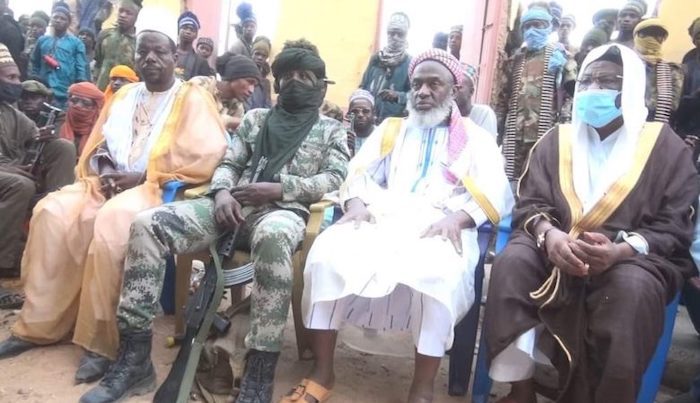National Issues
The Escalating Insecurity And The Urgent Need For A New Strategy -By Rukaiya Tahir Mshelia
Nigeria has the resources and manpower to overcome insecurity, but what has been missing is political will, accountability, and innovative leadership. The time for endless promises is over. Citizens demand action, results, and safety in their daily lives.

Nigeria continues to grapple with the devastating reality of insecurity, and the situation appears to worsen by the day. From banditry in the North-West, to Boko Haram and ISWAP insurgency in the North-East, to kidnappings and communal clashes in the Middle Belt, and rising cultism and violence in the South, the nation is under siege. The inability to guarantee safety for citizens has become the biggest challenge facing the Nigerian state.
The people’s faith in government’s capacity to protect lives and property is waning. Reports of attacks on highways, raids on rural communities, and mass abductions of schoolchildren dominate the news almost daily. For many Nigerians, traveling has become a nightmare, while farming—once the backbone of the economy—is now a life-threatening venture in many regions.
Despite huge budgetary allocations to defense and security, results remain disappointing. The military, police, and other security outfits often complain of inadequate equipment, poor welfare, and insufficient manpower. Corruption within the system further compounds the problem, with funds meant for critical operations sometimes diverted or mismanaged.
The consequences of insecurity go far beyond loss of lives. It stifles economic growth, discourages foreign investment, and worsens unemployment. Farmers abandon their lands, traders close shops early, and companies relocate to safer environments. The ripple effect is a cycle of poverty, anger, and further instability.
Many analysts argue that Nigeria must rethink its security strategy. Beyond military action, there must be investments in intelligence gathering, community policing, and technology-driven surveillance. Modern threats require modern responses, and Nigeria cannot continue to rely on outdated tactics in the face of sophisticated criminal networks.
Equally important is addressing the root causes of insecurity—poverty, unemployment, illiteracy, and social injustice. When young people lack opportunities, they become vulnerable to recruitment by terrorists, bandits, and criminal gangs. The government must prioritize education, skill acquisition, and job creation as long-term solutions.
Civil-military relations also need improvement. Communities often feel alienated by the heavy-handed approach of security operatives. Building trust through collaboration, dialogue, and respect for human rights will ensure that citizens play an active role in intelligence sharing and local defense initiatives.
Nigeria has the resources and manpower to overcome insecurity, but what has been missing is political will, accountability, and innovative leadership. The time for endless promises is over. Citizens demand action, results, and safety in their daily lives.
If nothing changes, insecurity threatens not just the present but the very future of Nigeria as a united nation. Government at all levels must rise to the challenge and act decisively before the situation spirals further out of control.
Rukaiya Tahir Mshelia is A 300 Level Student From Mass Communication Department University Of Maiduguri.









